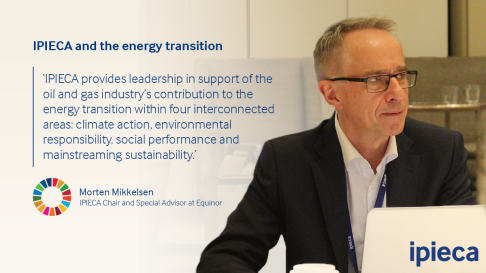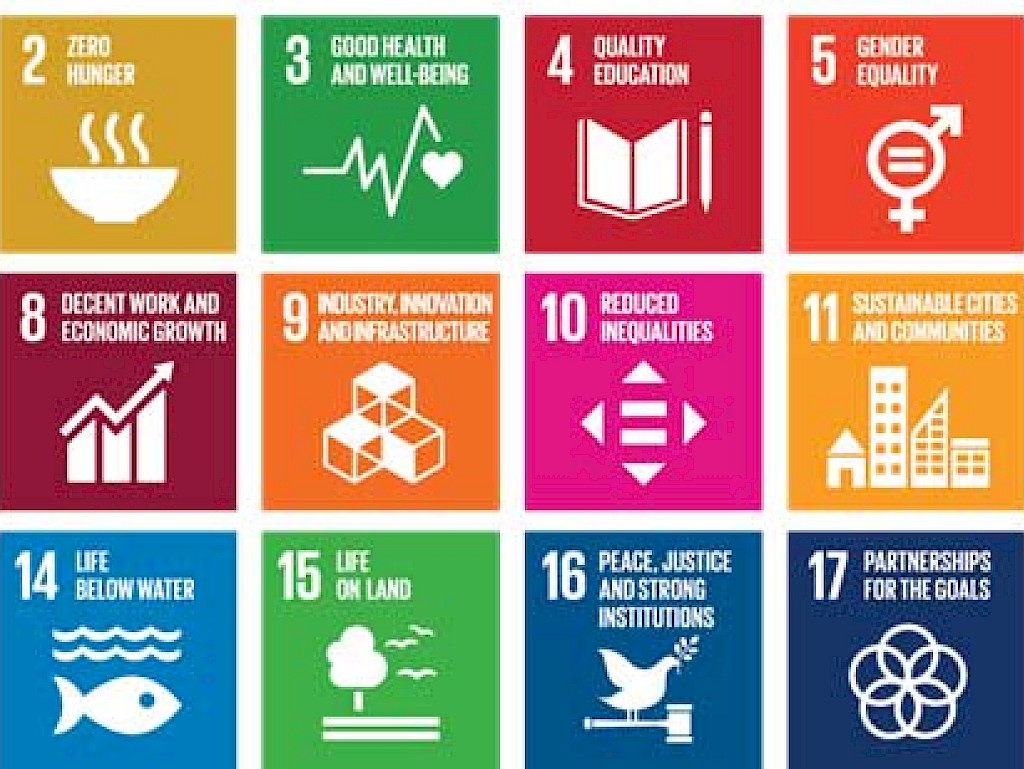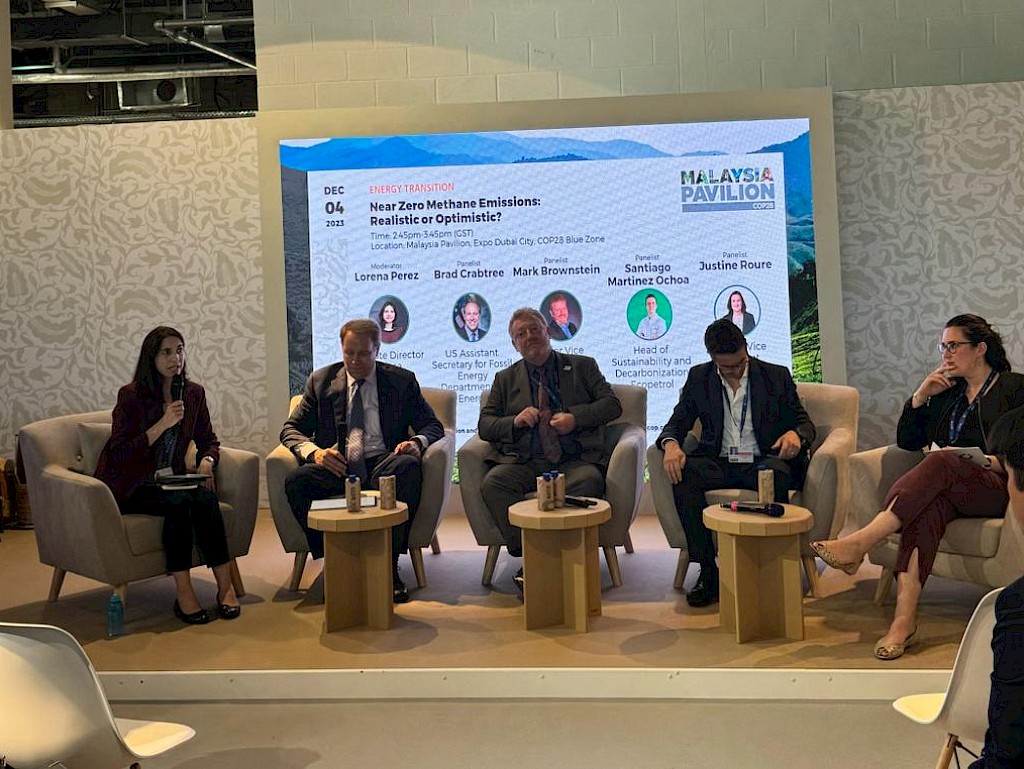A blog from Morten Mikkelsen, Ipieca Chair and Special Advisor at Equinor
The energy transition is one the world's most urgent challenges, but what does it actually mean?
In essence it is about providing affordable and reliable energy to support fair growth and improved living conditions for all. It is also about producing that energy with less emissions, eventually getting down to net-zero emissions.
The above is a simplified overview of the energy transition. In reality, every country's starting point, trajectory and speed of their journeys to carbon neutrality will be different depending on their geographical location, available energy sources, sustainable development needs and infrastructure they have in place.
A shared challenge
While the energy transition will look and feel different for each country, it is nevertheless a shared global challenge, one of such importance and complexity that it will require all nations and all parts of society to come together if we are to achieve the goals of the Paris Agreement to limit global warming to well below 2 degrees Celsius, preferably to 1.5 degrees Celsius, compared to pre-industrial levels.
Where does oil and gas fit in?
If the energy transition is about lowering emissions, where does oil and gas fit in? While the world's energy system must be transformed to drive a low-carbon future, people still need access to energy today. While renewable energy is rapidly scaling up, the world will, for some time to come, need the energy provided by oil and gas. That's why we need to produce oil and gas with as low emissions as possible, while also growing renewables and developing low carbon solutions.
Ipieca's role in the energy transition
For those of you new to Ipieca, it is a global oil and gas association which provides leadership for the industry across four interconnected areas: climate action, environmental responsibility, social performance and mainstreaming sustainability.

Ipieca is the oil and gas industry's point of contact with the United Nations Framework Convention on Climate Change (UNFCCC), which is leading the global response to climate change and organizes the climate COP events. Ipieca also provides technical inputs to the Intergovernmental Panel on Climate Change (IPCC) - the UN body for assessing the science related to climate change.
UNFCCC COP events include all the world's nations, each with an equal voice, meaning the climate change actions decided here have a global impact. Ipieca has attended every COP, from the very first one held in Berlin in 1995. (For more on Ipieca's history at COP see the article 'Five years of the Paris Agreement' by Chevron Fellow and Senior Strategy Advisor, and long standing Ipieca delegate Arthur Lee.)
Through our official COP side-events, roundtables and workshops Ipieca brings together industry with key stakeholders around important energy transition issues and technologies.
Our dedicated Climate Change Group, set up in 1988, convenes world leading climate scientists and experts to work on issues such as reducing greenhouse gas emissions, enhancing energy efficiency and improving operational performance. The group produces good practice guides, briefing notes as well as holding workshops and webinars, all focused on helping to achieve a low-emissions future. Some select outputs include:
- In preparation for COP-21 in Paris, Ipieca published The Paris Puzzle: The Pathway to a low-emissions future, a series of papers addressing the key components needed to tackle climate change.
- Exploring low-emissions pathways: Advancing the Paris Puzzle considers the many possible pathways to a low-emissions future that will be essential to meeting the goals of the Paris Agreement.
- Exploring low-emissions pathways for transport analyses the innovative technologies, alternative fuel sources and design and engine efficiencies which can transform this sector.
Putting the energy transition at the heart of our strategy
Reports from organisations such as the IPCC make it clear that globally we need to accelerate our climate change actions if we are to achieve the objectives of the Paris Agreement.
At Ipieca we take this call to action seriously: after consulting with our members and hosting dialogue sessions with key stakeholders in UN, NGO and academic institutions we have just launched a new strategy with the energy transition at the very heart of it.
With our expertise in climate, environmental, social responsibility and sustainability topics, all of which feed into the energy transition, and a membership that includes companies making significant investments in renewable energy and low-carbon solutions, Ipieca is uniquely positioned to make a positive contribution to the energy transition. Likewise, our non-lobby status means we are able to form impactful collaborations with non-industry partners which can help support the transition.
We recognise that given these capabilities - unique in their combination among oil and gas industry associations - we have an opportunity to help ensure that the energy transition is delivered and in a way that shares the benefits of the transition among all and minimises environmental and social impacts affecting local ecosystems and communities.
Over the next few years, we'll be driving environmental and social performance across the energy transition in the following ways:
Exploring low-emission pathways - we will continue to convene the industry and other sectors to work on pathways to a resilient low-emissions future. Our good practice, and awareness and outreach work will focus on energy transition enablers such as nature based solutions, technologies including hydrogen, carbon capture, utilization and storage, and those used for methane management, and issues such as carbon offsets and sustainable finance.
Convening an Alternative Energy Task Force - a specialist team will be established to identify opportunities to share our internationally recognised environmental and social good practice to support the sustainable scale up of alternative energies such as wind and solar. Our Environmental and social good practice for the energy transition: A compendium, published in 2020, identifies Ipieca good practice which may be of use to renewable energy developers.
A just transition - we'll use our convening power to bring the industry together to develop its understanding and support of a just transition.
Climate change is one of the most urgent and complex challenges facing the world. However, I am confident that through the combined efforts of governments, industries, investors, civil society and consumers we can overcome any technological and commercial barriers and together reach a net-zero future.
For further details of Ipieca's 2021-24 strategy and priority actions to support the energy transition and advance environmental and social performance across the oil and gas industry please click here.



